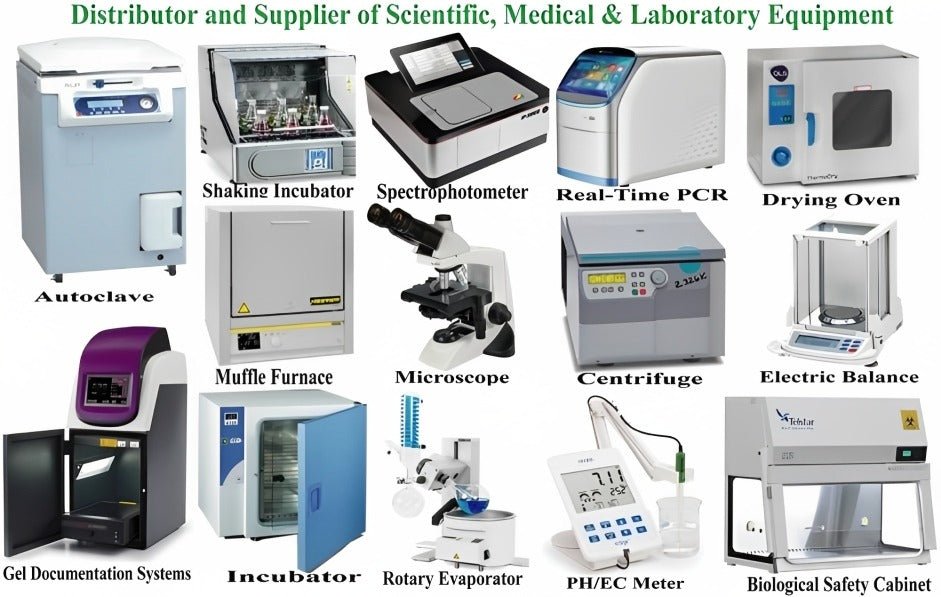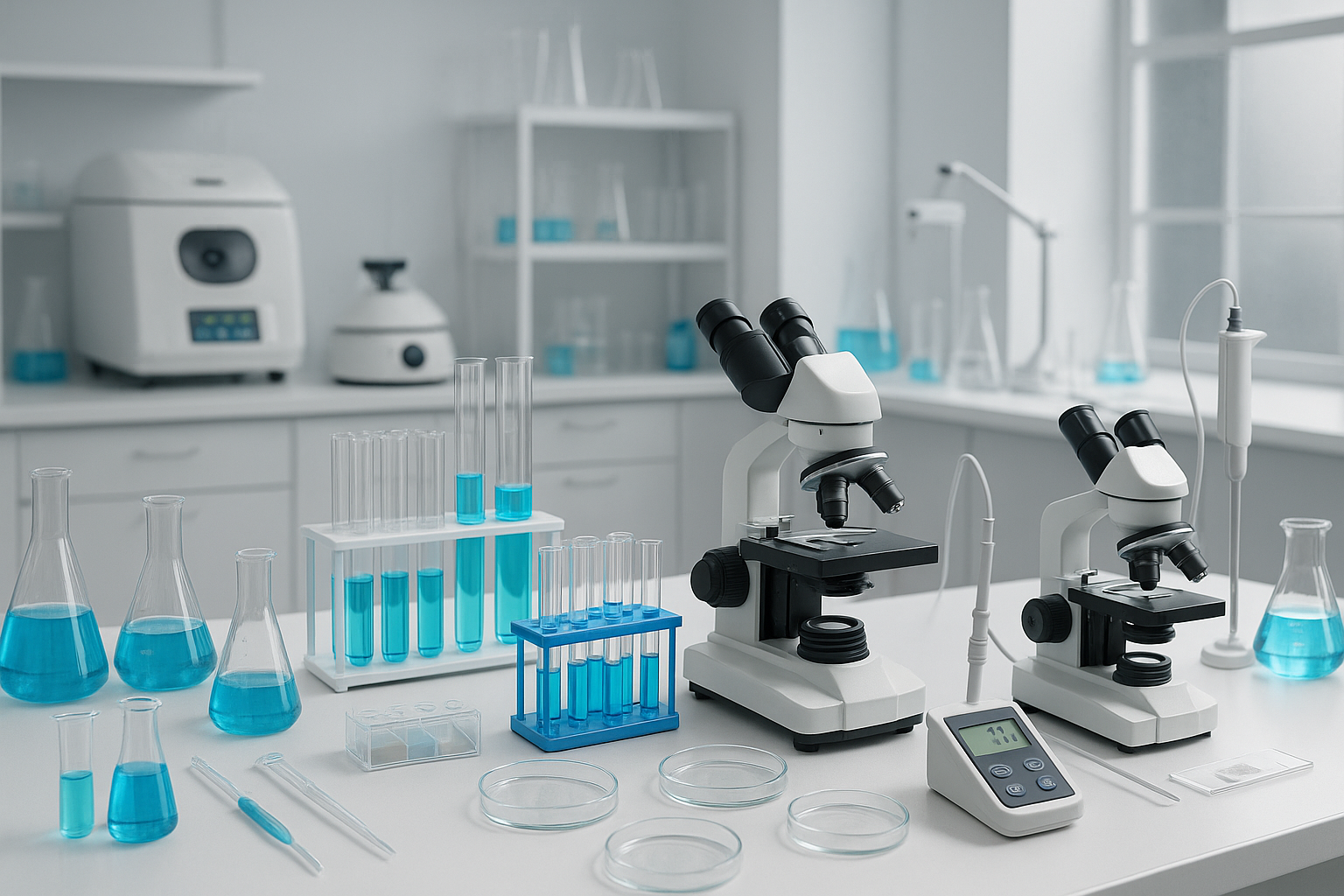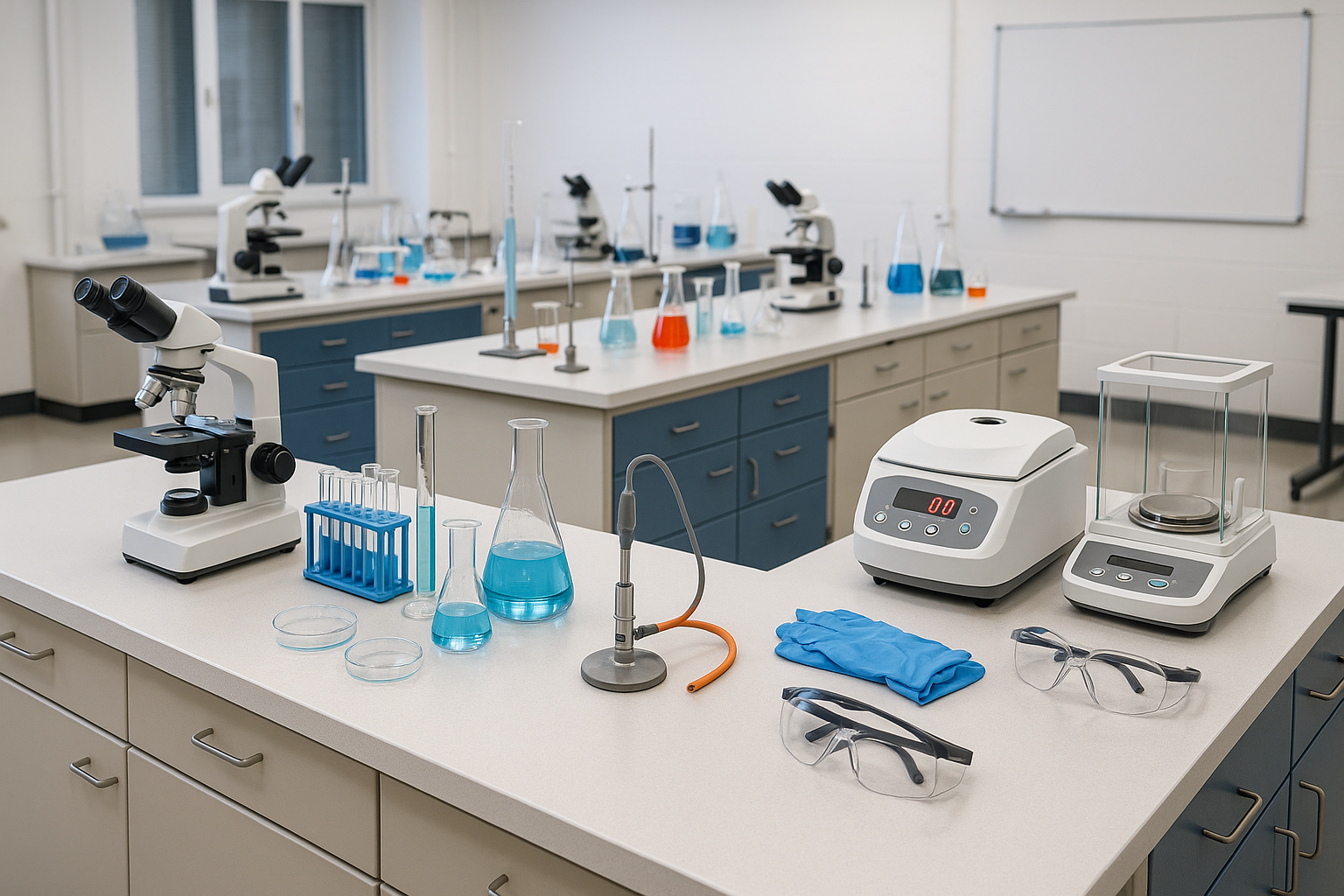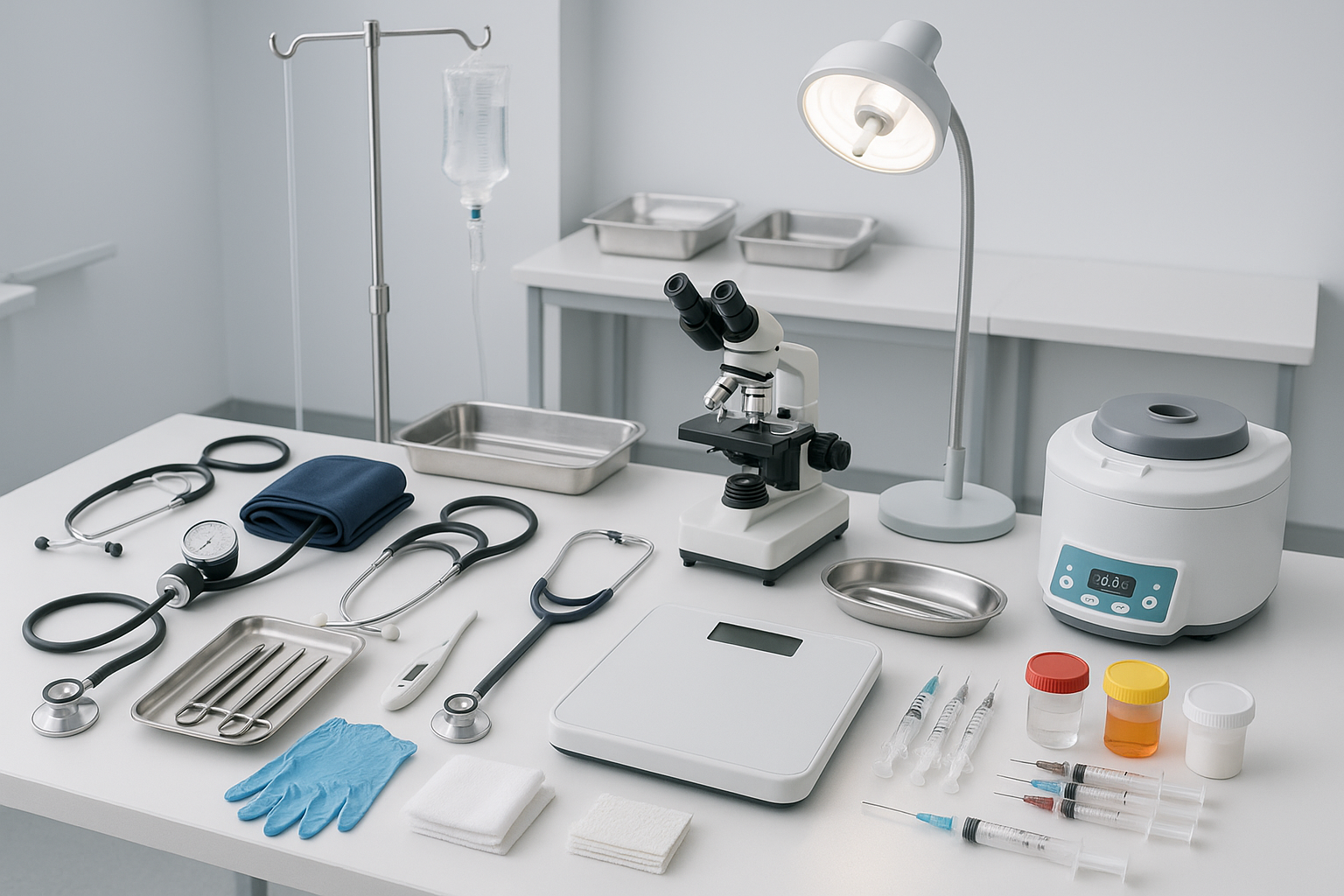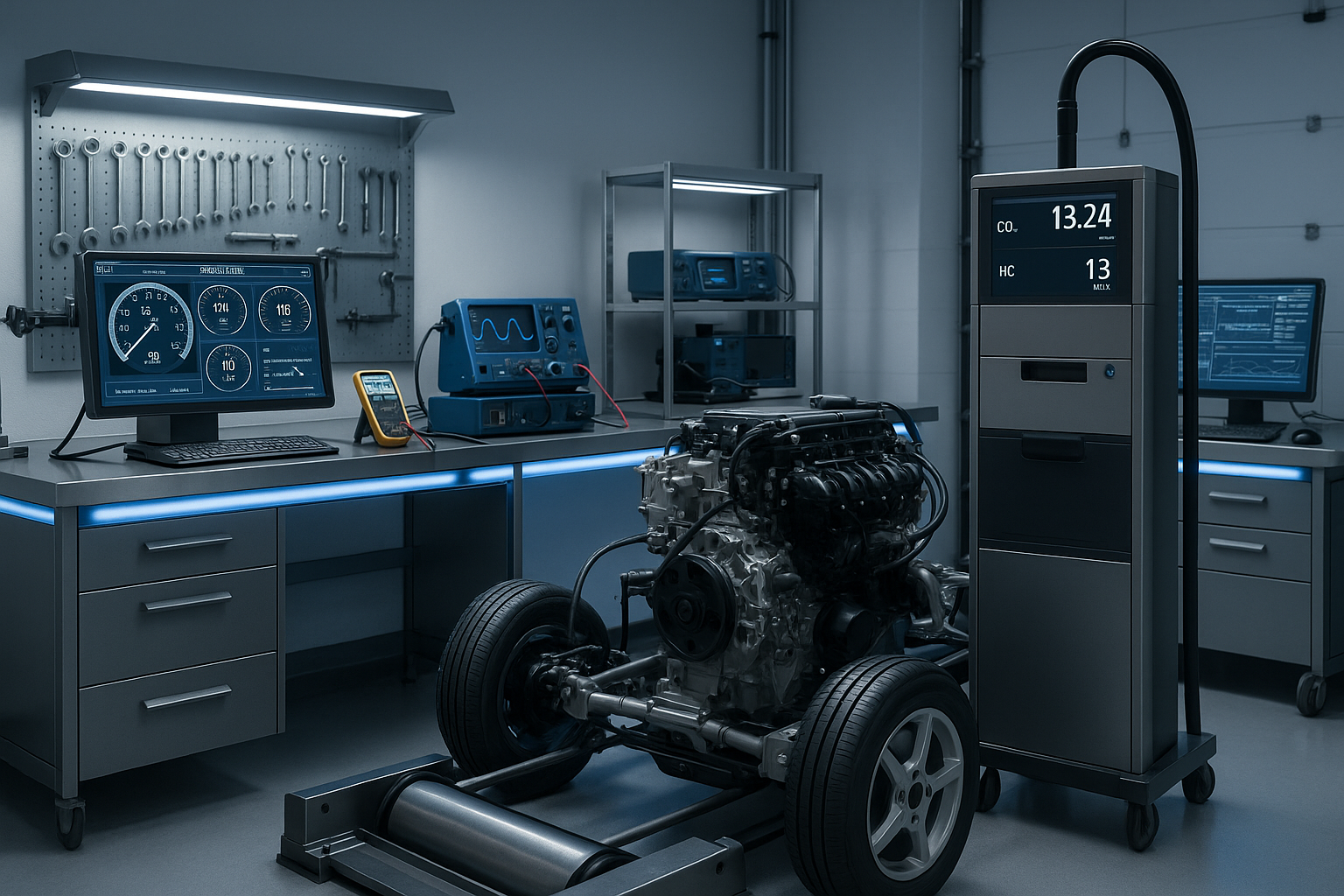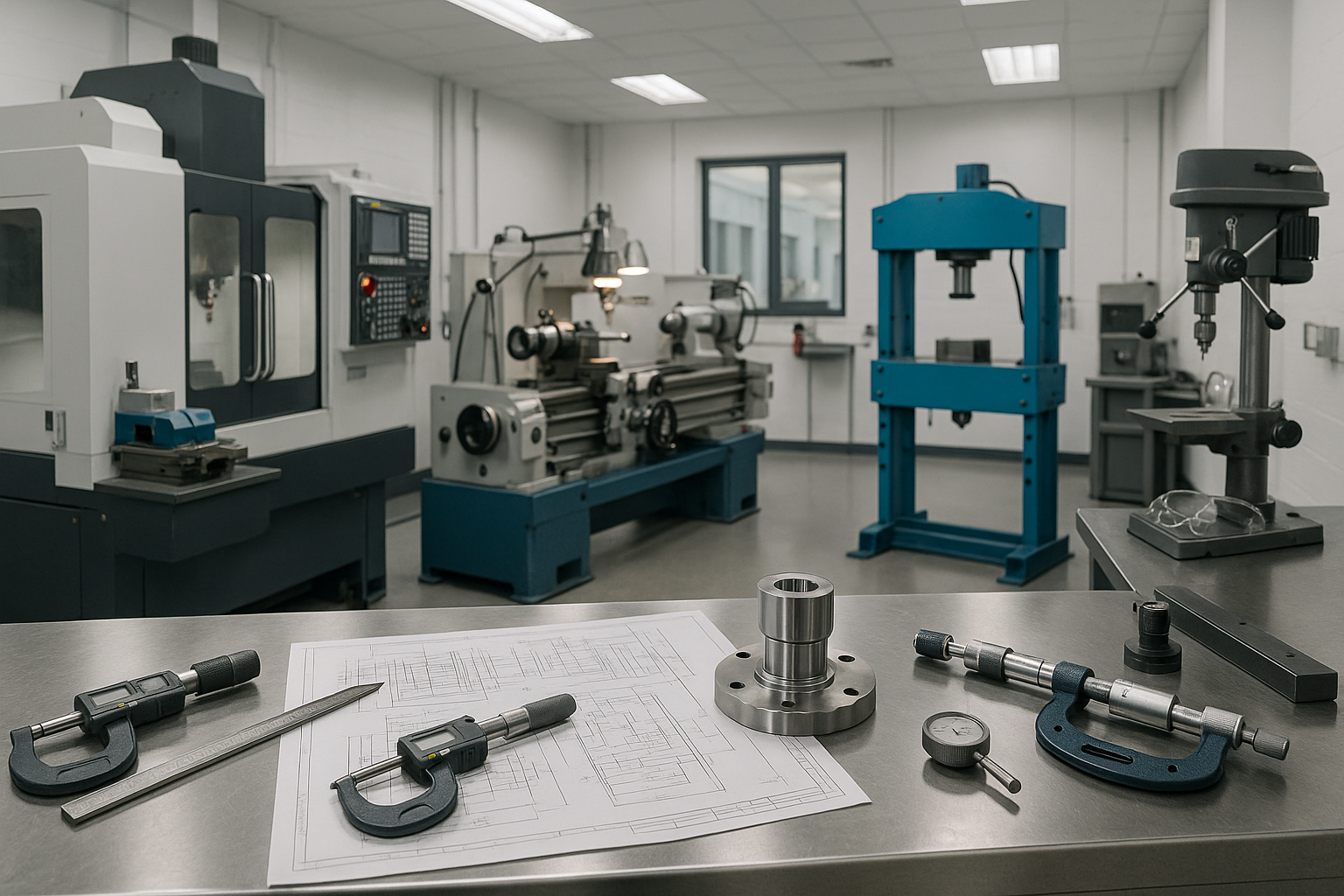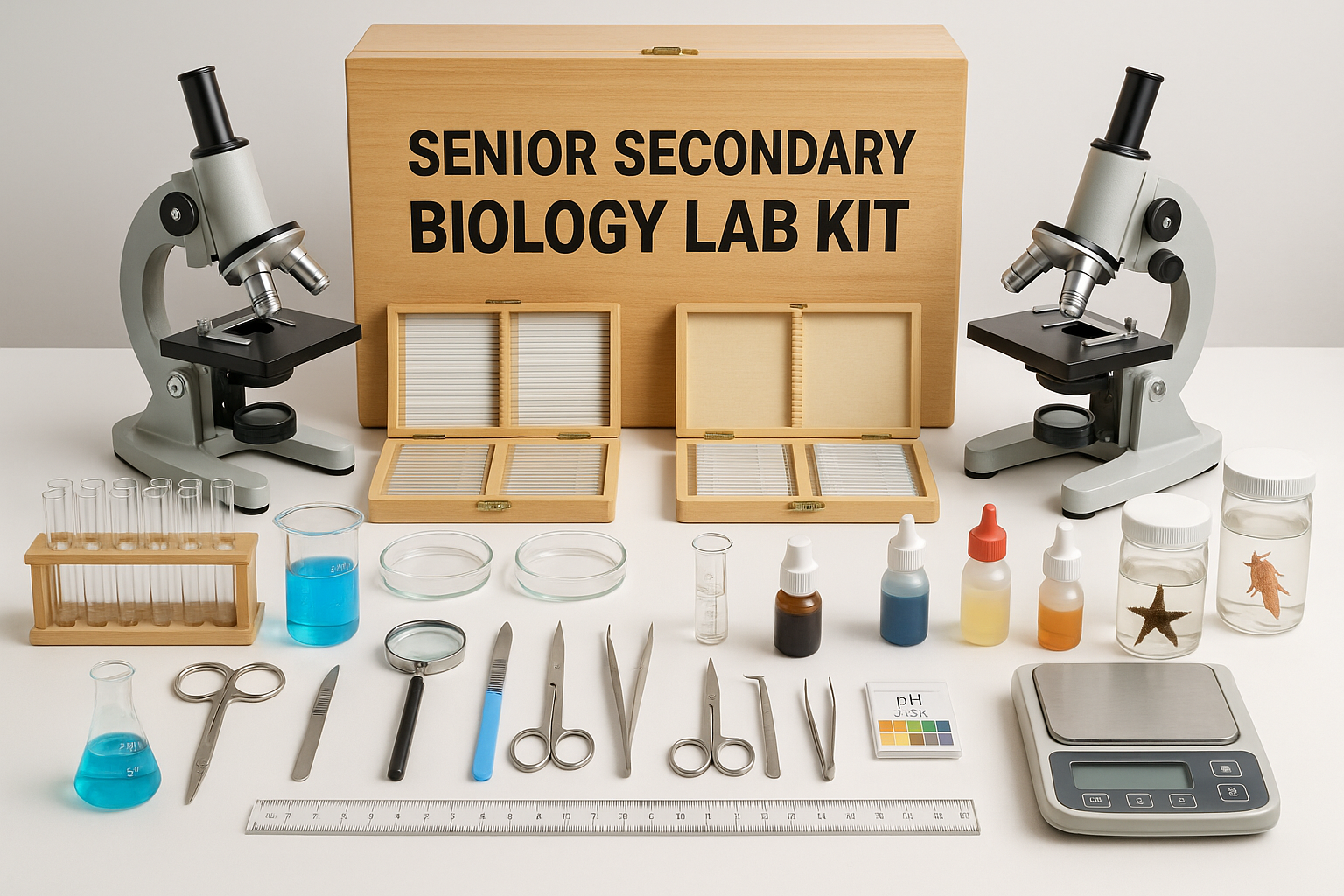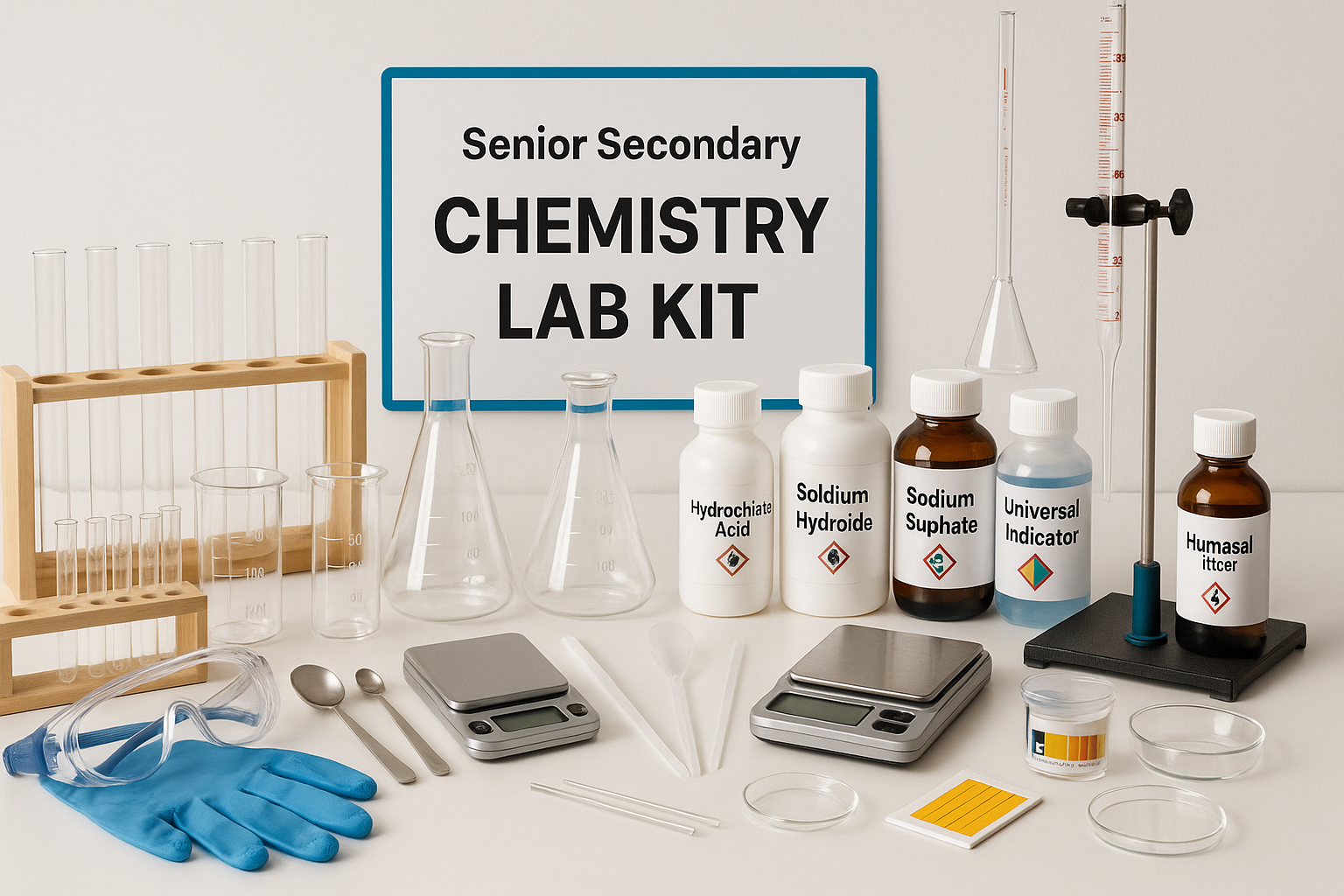Laboratory Equipment Suppliers: Top Choices for Your Needs
Laboratory equipment suppliers play a crucial role in the success of scientific research and experimentation. Selecting the right supplier can significantly impact the quality, reliability, and accuracy of laboratory results. In this guide, we will explore various laboratory equipment suppliers, focusing on their offerings, reputation, and customer service. Understanding your options is essential for making informed decisions that cater to your specific needs.
Laboratory equipment suppliers are companies or businesses that specialize in providing a wide range of scientific instruments, tools, and consumables used in research, analysis, and experimentation within laboratories. These suppliers play a crucial role in supporting various industries, including pharmaceuticals, biotechnology, healthcare, academia, chemistry, environmental science, and more.
The description of laboratory equipment suppliers typically includes the following key aspects:
-
Product Range: They offer a diverse selection of laboratory equipment, spanning from basic tools to sophisticated, high-tech instruments. Common items include microscopes, centrifuges, balances, pipettes, glassware, chemicals, safety equipment, and specialized machines for specific applications.
-
Quality and Reliability: Reputable suppliers focus on providing high-quality and reliable equipment from trusted manufacturers. This ensures that researchers and scientists can perform accurate experiments and obtain precise results.
-
Cutting-Edge Technology: Suppliers often carry advanced equipment equipped with the latest technological advancements, enhancing efficiency and productivity in the laboratory.
-
Specialized Solutions: Some suppliers specialize in catering to specific fields or industries, offering tailored solutions for the unique requirements of their customers.
-
Customer Support: Excellent suppliers offer strong customer support, including technical assistance, equipment servicing, and training to ensure proper use and maintenance of the products.
-
Compliance and Certifications: They adhere to industry standards and regulations, ensuring that the equipment meets safety and quality requirements.
-
Online Presence: Many suppliers maintain an online presence, allowing customers to browse and purchase products conveniently through their websites. They may also offer online resources, such as product specifications, user manuals, and educational content.
-
Pricing and Cost-effectiveness: Laboratory equipment suppliers aim to provide competitive pricing, considering the quality and features of their products.
-
Global Reach: Some suppliers have a broad international presence, enabling them to serve customers around the world and facilitate shipping and logistics efficiently.
-
Partnerships and Collaborations: Reputable suppliers often collaborate with manufacturers, researchers, and institutions to stay at the forefront of advancements in the industry and to better understand the needs of their customers.
Before selecting a laboratory equipment supplier, customers typically consider factors such as product quality, reliability, pricing, customer support, and reputation within the scientific community. It is essential for researchers and laboratory managers to find a supplier that aligns with their specific needs and requirements to ensure smooth and efficient laboratory operations.
When searching for laboratory equipment suppliers, consider the types of equipment you require. Different suppliers may specialize in various products, such as analytical balances, centrifuges, or spectrophotometers. It's important to evaluate their product range and ensure they meet the specific demands of your laboratory. Well-established laboratory equipment suppliers often provide a comprehensive catalog that includes both standard and specialized equipment.
Another factor to consider is the quality of the equipment supplied. Reputable laboratory equipment suppliers partner with top manufacturers to provide high-quality and reliable instruments. Look for suppliers that offer warranties and service plans, demonstrating their commitment to quality and customer satisfaction. This aspect is particularly vital for equipment used in critical experiments, where precision is vital.
Customer service is another key component when choosing laboratory equipment suppliers. A responsive and knowledgeable support team can assist you in selecting the right products, addressing concerns, and resolving any issues that may arise. Suppliers that offer personalized service and technical support are often preferred by customers who appreciate assistance throughout the purchasing process.
Pricing is also an important aspect to consider. While it may be tempting to choose the cheapest option available, be aware that lower prices might come at the cost of quality. It's advisable to compare prices across various laboratory equipment suppliers and assess whether the cost aligns with the quality of the products offered. Some suppliers may also provide discounts for bulk purchases or loyalty programs, which can be beneficial for laboratories with ongoing needs.
In addition to these criteria, consider the supplier's reputation within the industry. Reviews, testimonials, and referrals from other laboratories can provide valuable insights into the reliability of a supplier. Many laboratories rely on word-of-mouth recommendations when selecting their suppliers, which can highlight reputable businesses worth exploring.
Lastly, some laboratory equipment suppliers offer additional services such as installation, maintenance, and training on the proper use of equipment. These added benefits can save time, enhance efficiency, and ensure that your team is well-equipped to utilize the instruments to their full potential. In choosing a supplier, weigh the advantages of having a partner who can assist not just with equipment sales, but also with ongoing support.
In conclusion, finding the right laboratory equipment suppliers is a critical step for any laboratory or research facility. By taking the time to evaluate options based on product quality, customer service, pricing, and reputation, you can make informed decisions that will contribute to the success of your scientific endeavors.

